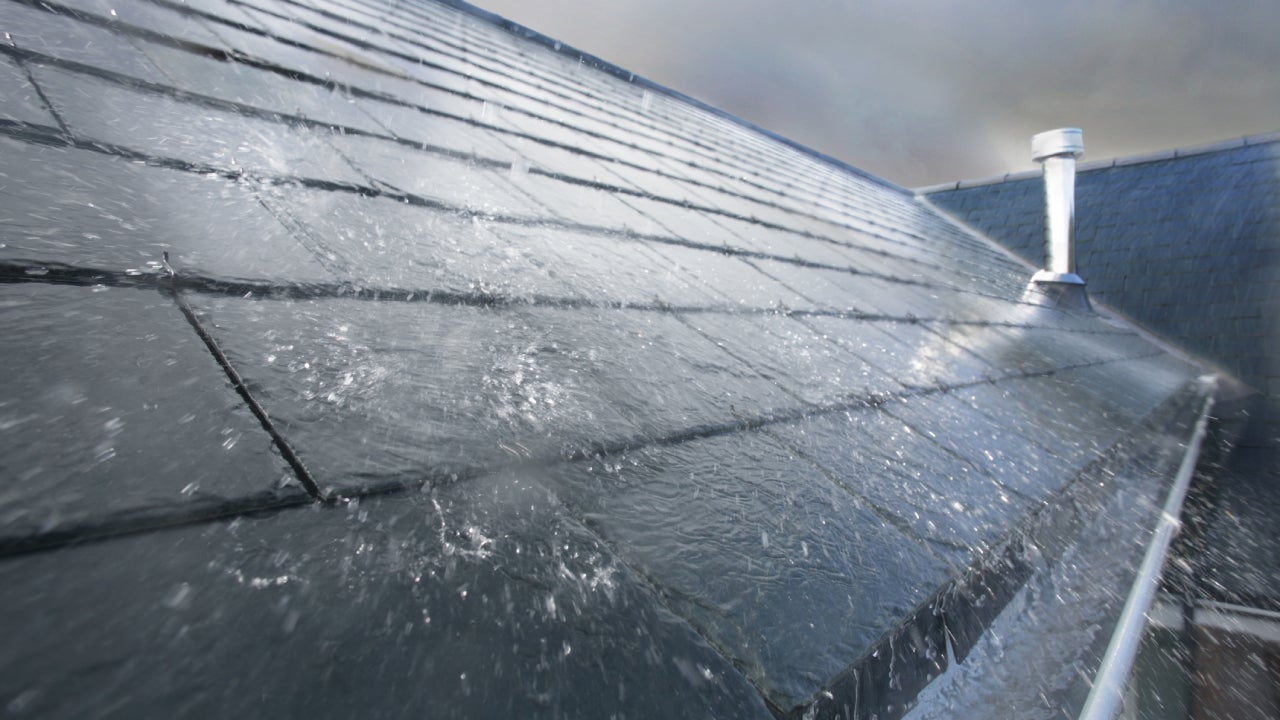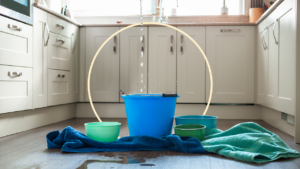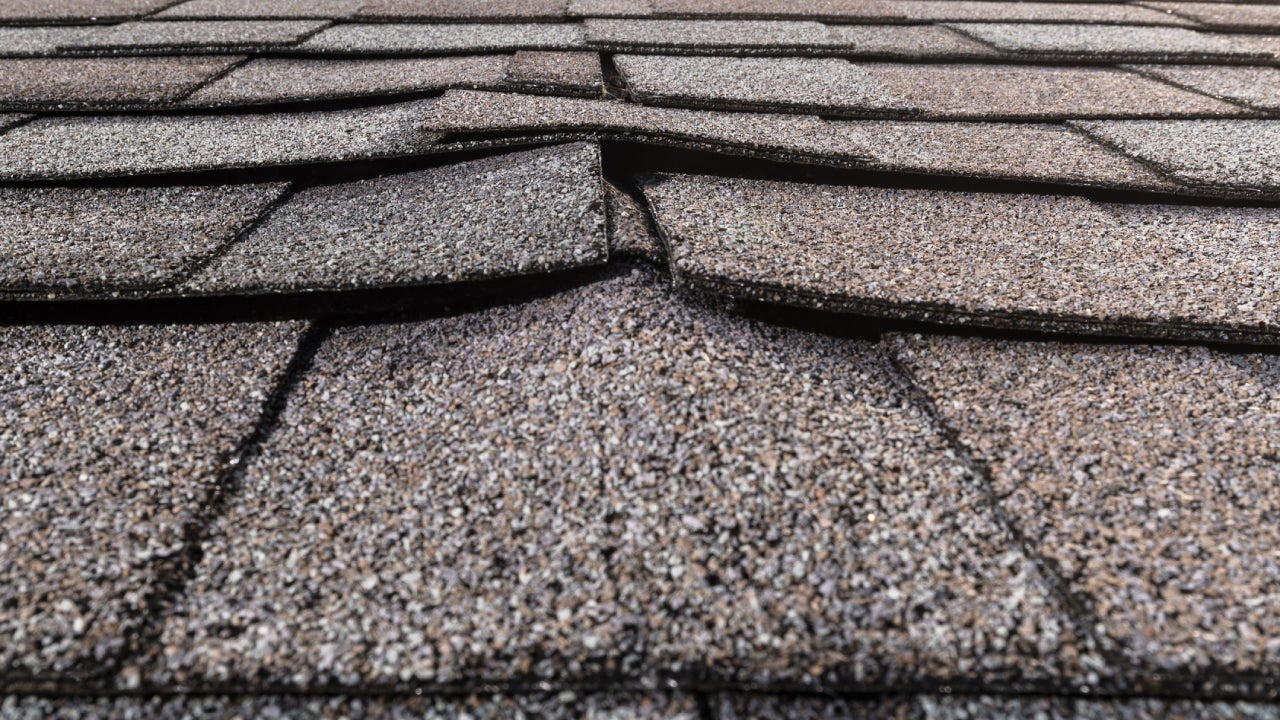Does homeowners insurance cover renovations?



Key takeaways
- Significant home renovations can impact the value of your home, and you may need to adjust your homeowners insurance accordingly.
- Adding square footage or valuable upgrades could increase your insurance premium.
- Renovations that reduce your risk of a claim, like a roof replacement or new security system, could decrease your premium costs.
- Some carriers offer endorsements, such as builder’s risk insurance, to ensure you have enough coverage during the renovation process.
Looking to make some important renovations to your home? Depending on how extensive your remodel plans are, your current homeowners insurance may not be adequate. If your renovations will make a significant change to the value of your property, it’s important to review your coverage. After all, your policy should reflect all the hard work you’ve put into maintaining and updating your property.
When does homeowners insurance cover renovations?
Homeowners insurance does not cover home renovation directly, and your existing home insurance policy will likely need to be adjusted following the completion of your renovations. If you are planning a small renovation — perhaps some new paint and a set of built-in bookcases in your living room — your homeowners insurance may not be impacted.
But larger renovation projects, from a kitchen remodel to finishing your basement, change your home’s overall rebuild value. The dwelling coverage listed on your homeowners insurance policy is based on your home’s estimated rebuild value. Remodeling can affect that value because it is determined by your home’s characteristics, such as square footage, finishings, number of bathrooms and roof type.
For example, consider a home that is insured for $200,000. The owner upgrades the kitchen: new appliances, granite countertops, custom cabinets — the works. The home’s rebuild value is now $260,000. If a disaster such as a fire destroyed the home, $200,000 in coverage might not be enough to restore the house to its former condition.
Can I get renovation insurance?
When undertaking a home renovation project, it’s essential to understand the limitations of standard homeowners insurance and the potential need for additional home renovation insurance. Standard policies typically do not extend full coverage to construction materials and liabilities that arise specifically from renovation activities. Moreover, if a home is vacant during major renovations, standard insurance often falls short, as vacant homes present different risks compared to occupied ones. This is where specific endorsements or additional policies, often referred to as renovation insurance, may become crucial.
- Builder’s risk insurance: This can cover construction materials, both on-site and in transit, against risks like theft, fire or weather damage.
- Vacant home insurance: Standard policies do not typically provide coverage for vacant homes, so if you’re living elsewhere during renovations, you may need this endorsement.
- Liability endorsements: These offer additional financial protection against accidents or injuries that might occur on your property during the renovation process.
Speaking with your insurance agent about the scope of your renovations may help you decide if you need additional coverage during the construction process.
Types of renovations that affect homeowners insurance
The type of renovation you make on your home will impact the rate at which your insurance needs change. In general, anything that increases the value of your home will indicate a need for more insurance coverage, and the corresponding higher premiums that go with it. But that’s not always the case.
Home additions
Adding an addition is a major renovation project that increases your home’s square footage and will undoubtedly increase your home’s value since square footage is one of the primary factors used in determining your rebuild value. Building a family room on the back of your home, for example, or adding a dormer that increases the space on the second floor, will add value to your home.
The right time to call your insurer for a home addition is when you are still in the planning stages. Once you have the architectural drawings nailed down, you can call your insurance agent and let them know what you’re planning. They can review your remodel insurance options and the probable premium increase so that you are fully aware of your costs post-renovation.
Major renovations and improvements
Although improvement projects such as upgrading your kitchen or bathroom don’t increase your square footage, they can still affect your homeowners insurance policy. Most interior renovations are designed to get rid of old, outdated elements and replace them with new ones. The grade or type of the items used in places like your kitchen and bathroom are usually questions your insurance agent will ask when helping calculate the estimated rebuild of your home. If you have upgraded these rooms, it’s worth a call to your property insurer.
After these renovations, you may want to consider replacement cost value rather than actual cash value if your policy currently does not have this coverage. The former may cost more but will provide additional financial protection for higher-grade home elements.
Adding a pool, sauna or hot tub
Although these elements can give you a great deal of satisfaction while adding value to your home, they are also a liability hazard. It’s not hard to see how someone might be hurt — or worse — and insurers need to protect themselves from liability claims when you install one by raising your premium. Your insurer may also require you to install a fence or nighttime lighting around any water feature you have on your property.
Updating the roof
Replacing your roof adds value to your home and may impact your premium, but many insurers also provide discounts for a new roof. If you live in a coastal area frequented by hurricanes or windstorms, there may be further discounts if you choose damage-resistant materials for your roof. The result? You may see your rate decrease when you install a new roof on your home. The same is true if you install new locks or tamper-proof windows. Ask your insurance agent if there is a discount for these items.
Adding a home office
If you primarily work from home and find yourself needing a dedicated home office, this renovation project may affect your insurance policy. For example, running a business out of your home where people are coming to your property increases the risk of a liability claim. Because of that, your standard homeowners insurance policy may not allow for business-related claims that occur on your property. In addition, if you are storing items on your property that are primarily for business use, your policy might have limited personal property coverage that does not offer enough insurance to cover them.
The cost of home renovations
The change in home insurance when renovating will largely depend on the increased dwelling value of the home. The tricky part is that your home’s value is not based on the market value — which is the price you paid for it or the price it would get on today’s real estate market.
Insurers use a different value — a replacement cost calculation determined by multiplying your home’s square footage by the cost-per-foot of construction in your region. This includes looking at what it would cost to replace your home in your neighborhood with similar quality materials. Any high-end finishes and top-of-the-line materials your home has are factored into calculation costs as well.
Thus, your home might be worth $200,000 on the market, but your insurer could still recommend that you insure it for $275,000 if construction costs are high. If you insured the home only for the market value, you could find yourself underinsured if the home was destroyed or damaged. On the other hand, if the seller’s market is hot and your home’s market value is significant due to demand, your dwelling coverage could be lower if the estimated rebuild of your home is less than the sellable amount.
A handy tool to use when you’re determining your insurance value is an ITV (insurance-to-value) calculator, which industry professionals use to determine if a home is adequately insured.
Another factor to think about is liability. If your renovations increase your potential liability exposure, you may need higher liability limits. An example of this includes adding attractive nuisances, like a swimming pool. Renovations that increase your liability exposure may also increase your cost of home insurance as your insurer could see you as riskier to insure.
How to reduce risk during renovations
Although it is important to take a good look at your insurance needs in your renovated home, that is not enough. You should also consider your insurance needs during the renovation, which may differ from your normal insurance needs.
- Additional riders may be needed. The estimated number of fires in structures under construction has increased since 2014, according to the National Fire Protection Association. Because of fire, theft and other hazards to a home during construction, your insurer may need to add a temporary dwelling under construction rider to your policy to cover contingencies.
- A new policy type may be needed. If you are completing a major renovation that requires you to leave the home and live elsewhere for an extended period, you may need to update your policy to a vacant home policy, which can protect your property while you are away.
- Review existing policy limits. If you are doing the remodeling yourself or in conjunction with friends or family, talk to your agent about any limitations with your personal liability and medical payments coverage. If you are hiring a contractor, most of them have their own coverage if one of their workers is injured on the job. However, you will want to confirm this before any work starts. If you are working on it yourself or with other non-professionals, the right coverage is vital.
In general, during construction, your homeowners insurance should cover you for any faulty work or defective materials used in the building process. It is worth double-checking this with your insurer before work starts to be sure you are covered. What is also important to remember is completing work that adheres to safety standards is crucial. If renovating your plumbing or electrical, for example, following the right guidelines is necessary to reduce the risk of your property not being covered in the event of a claim.
Frequently asked questions
Why we ask for feedback Your feedback helps us improve our content and services. It takes less than a minute to complete.
Your responses are anonymous and will only be used for improving our website.
You may also like

Roof insurance: ACV vs. replacement cost

Does homeowners insurance cover tsunami damage?

Does homeowners insurance cover roof leaks?

Does home insurance cover roof replacement
